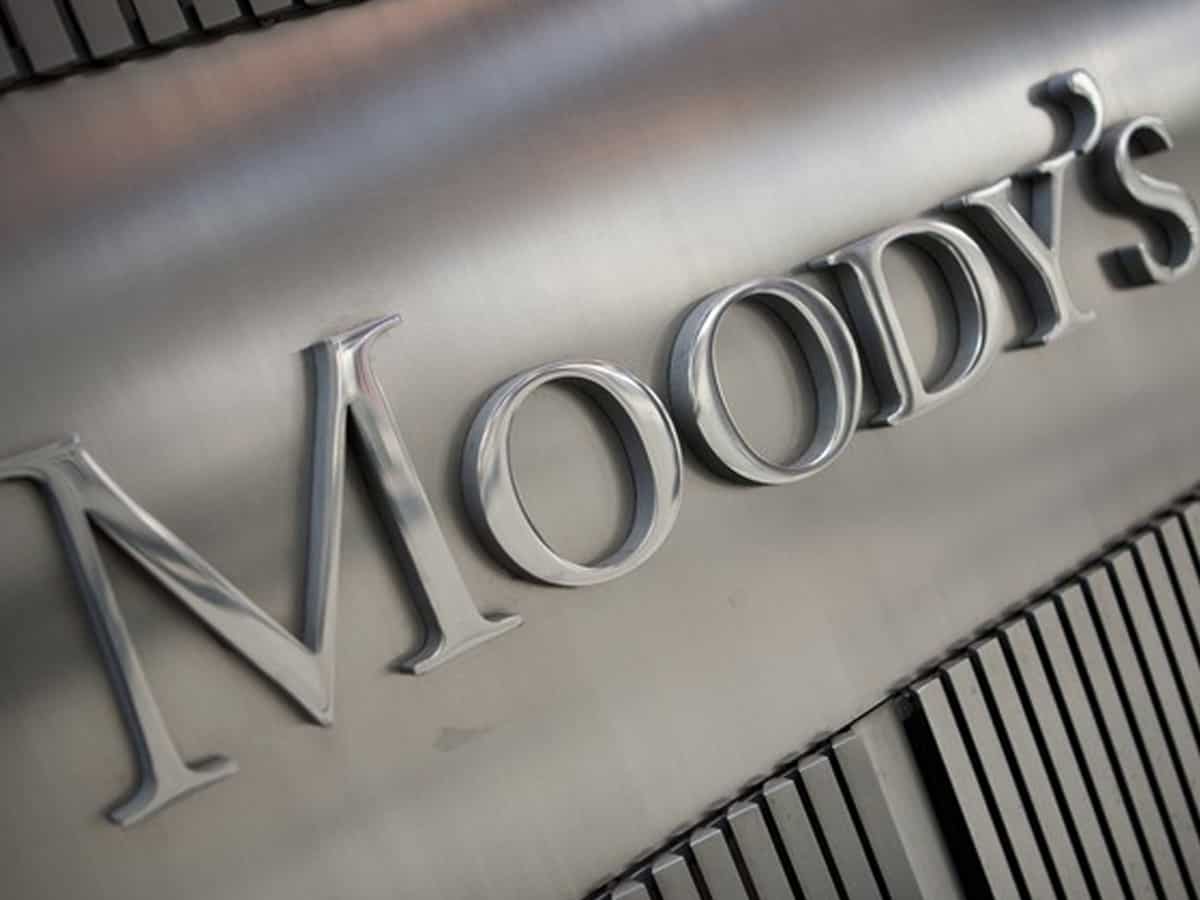
Islamabad: Moody’s Investors Service has downgraded the long-term deposit ratings of five Pakistani banks to Caa3 from Caa1, The Express Tribune reported. The ratings of Moody’s Investors Service suggest that the ongoing economic crisis in Pakistan is likely to have an adverse trickle-down impact on banks.
The inflation readings are at a historical high of 31.5 per cent in January and the central bank’s benchmark policy rate at a record high of 20 per cent has weakened the borrowers’ capacity to repay loans taken from banks, as per the news report.
Financial institutions might witness a large proportion of borrowers defaulting on repayment, which will lead to an increase in non-performing loans (NPLs) and bad loans, likely to affect the earnings of banks and deteriorate the quality of their assets.
Pakistan’s cash-strapped government stands to be the single largest borrower, having taken 85 per cent of total deposits in loans. Meanwhile, other borrowers comprise businesses and households, as per the news report.
According to Moody’s Investors Service, the five banks to be downgraded on deposit rating include Allied Bank Limited (ABL), Habib Bank Ltd (HBL), MCB Bank Limited (MCB), National Bank of Pakistan (NBP) and United Bank Ltd (UBL).
In addition to downgrading their long-term deposit ratings, the global ratings agency has also downgraded the five banks’ long-term foreign currency Counterparty Risk Ratings (CRRs) to Caa3 from Caa1, according to The Express Tribune report.
Furthermore, Moody’s has lowered the banks’ Baseline Credit Assessments (BCAs) to Caa3 from Caa1, and as a result, also downgraded their local currency long-term CRRs to Caa2 from B3 and their long-term Counterparty Risk Assessments to Caa2(cr) from B3(cr).
The global rating agency said that the downgrading of banks comes after its decision to downgrade the Pakistan government’s credit rating to Caa3 from Caa1, all of which reflect that default is imminent. However, Moody’s has changed the outlook from negative to stable earlier this week.
The downgrading of the banks by Moody’s demonstrates the weakening operational environment in Pakistan, as showcased by Moody’s lowering of its Macro Profile for Pakistan to “Very Weak” from “Very Weak+,” and the high interlinkages between the sovereign’s weakened creditworthiness and the banks’ balance sheets, as per the news report.
It further said, “The deterioration in Pakistan’s operating environment reflects both the rising government liquidity and external vulnerability risks, with foreign exchange reserves declining to critically low levels, as well as the high costs of living with headline inflation likely to rise further as energy prices increase in tandem with the removal of energy subsidies,” The Express Tribune reported.
Moody’s noted that these factors along with high-interest rates will dampen consumer confidence and compromise borrowers repayment capacity. Moreover, these factors will create additional pressure on banks’ earnings, asset quality, and capital metrics, and also potentially affect their financial stability.
